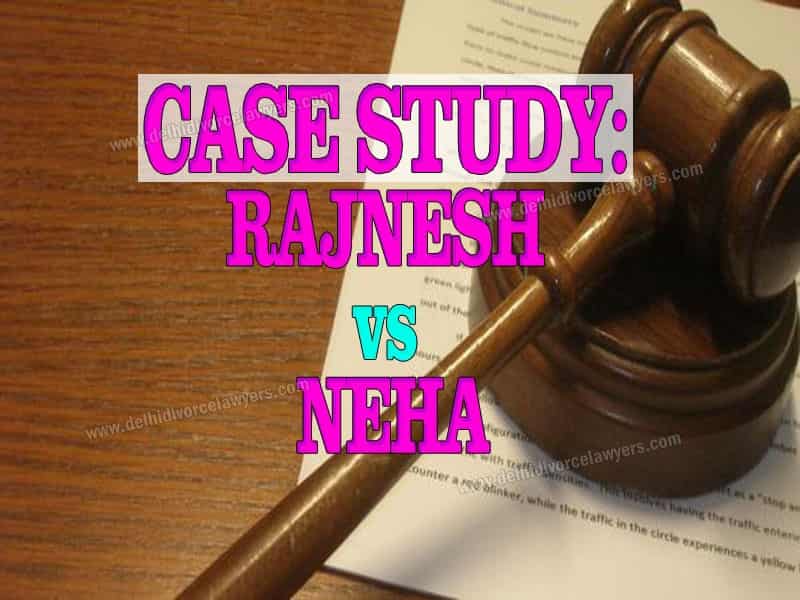
Analysis on Rajnesh Vs Neha – (2021) 2 SCC 324 -Supreme Court Judgement
Posted on February 27, 2024
In maintenance cases, details regarding the assets and liabilities of the parties are crucial for determining the amount of maintenance to be awarded. The following details are typically required to be provided:
- Income: Details of the income of both parties, including salary, business income, rental income, etc. Any other sources of income should also be disclosed.
- Assets: Details of all movable and immovable assets owned by each party, including property, vehicles, jewelry, investments, etc. The current market value of these assets should be provided.
- Liabilities: Details of any outstanding loans, debts, or other liabilities of each party should be provided.
- Monthly Expenses: A breakdown of the monthly expenses of each party, including rent, utilities, food, education, medical expenses, etc.
- Tax Returns: Copies of income tax returns for the past few years should be provided to verify the income details.
- Bank Statements: Copies of bank statements for the past few months should be provided to verify the income and expenses details.
- Other Financial Documents: Any other relevant financial documents, such as property documents, investment statements, etc., should be provided.
Providing accurate and detailed information about assets and liabilities is essential for the court to make a fair determination regarding the amount of maintenance to be awarded.
Factors to be considered made in maintenance cases:
- Standard of Living: The court may consider the standard of living to which the parties are accustomed and may award maintenance to ensure that this standard is maintained.
- Income and Expenses: The court will consider the income and expenses of both parties. The maintenance amount may be determined based on the financial needs of the spouse seeking maintenance and the ability of the other spouse to pay.
- Assets and Liabilities: The court may also consider the assets and liabilities of both parties. This includes any property or investments owned by the parties as well as any debts or liabilities they may have.
- Children: If there are children involved, the court may also consider their needs when determining the quantum of maintenance. This includes expenses related to their education, healthcare, and overall upbringing.
- Duration of Marriage: The duration of the marriage may also be a factor. In long-term marriages, the court may award maintenance for a longer period compared to short-term marriages.
- Future Prospects: The court may also consider the future prospects of both parties, including their earning capacity and potential for future financial independence.
Article Written by
Pathakota Venkata Mohana Rao B.Com, LL.M
Advocate at High Court of Andhra Pradesh and Telangana
Designated Partner at VENSO LAW OFFICES LLP
Office No: +91 967 967 6450
E-mail ID: vensolawofficesllp@gmail.com



